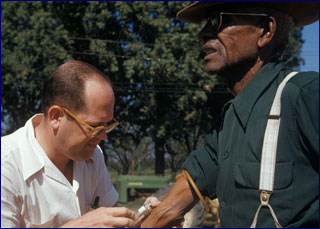Course Description
This course is an introduction to the cross-cultural study of biomedical ethics, examining moral foundations of the science and practice of Western biomedicine through case studies of abortion, contraception, cloning, organ transplantation and other issues. It evaluates challenges that new medical technologies pose to …
This course is an introduction to the cross-cultural study of biomedical ethics, examining moral foundations of the science and practice of Western biomedicine through case studies of abortion, contraception, cloning, organ transplantation and other issues. It evaluates challenges that new medical technologies pose to the practice and availability of medical services around the globe, and to cross-cultural ideas of kinship and personhood. Also discussed are critiques of the biomedical tradition from anthropological, feminist, legal, religious, and cross-cultural theorists.
Course Info
Instructor
Departments
Learning Resource Types
assignment
Presentation Assignments
assignment
Written Assignments

From 1932 to 1972, the Tuskegee syphilis experiment studied the progression of untreated syphilis in 600 rural African American men who thought they were receiving free health care from the U.S. government. (Photo by U.S. Department of Health, Education, and Welfare. Source: National Archives.)










